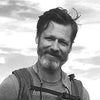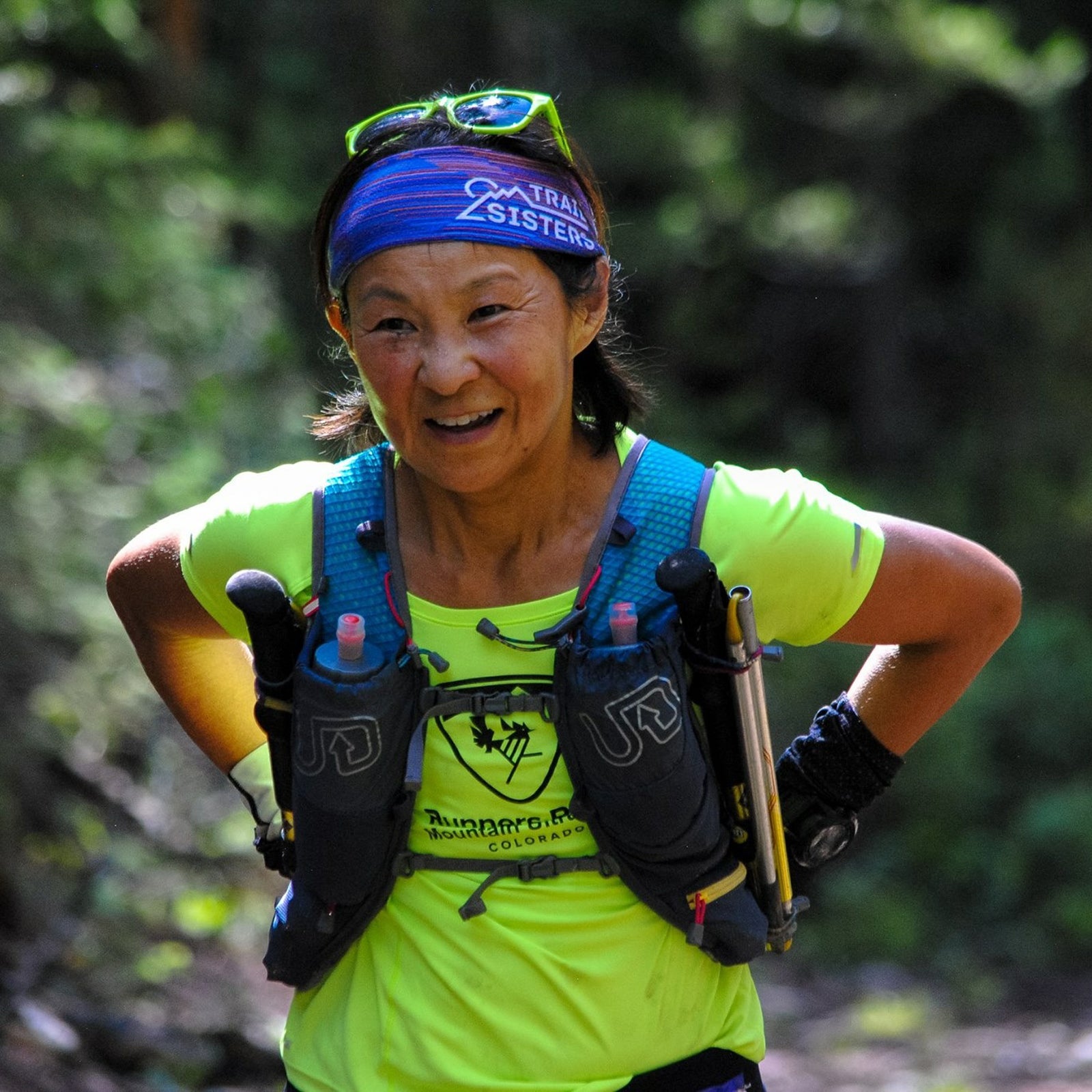Junko Kazukawa was in the best shape of her life in 2005��when she learned she had cancer. She was 42, training for the ��race, and found a lump on her left breast. First, there was denial, then anger: She was an athlete. A professional trainer. She was healthy. “Why me? I was shocked,” Kazukawa says. But she was also lucky. Doctors were able to remove the lump surgically, and Kazukawa continued training, even completing the mountain bike race��that same year. While she felt like the event was hard, she figured the Leadville Trail 100 ultramarathon��would be more challenging for her.��Immediately after the Leadville Trail 100 MTB,��she made a commitment to compete. “I felt that life is short,” Kazukawa says.��“I don’t know what will happen tomorrow, so if there’s something I want to do, I need to do it.”��
That sense of mortality��served Kazukawa well as she rebounded from her first bout of cancer to become an accomplished ultrarunner, only to discover another lump four years later. This time, the cancer was more serious, requiring a mastectomy and chemotherapy. But she never gave up running. A month after finishing chemo, she completed the New York City Marathon.��“I thought it was a good way to give closure to that terrible disease,” Kazukawa says. “And with the New York City Marathon, if I got tired, I could just take the subway to the finish.”��
Kazukawa continued to grow as a trail runner. In 2015, she��became the first person to finish the entire Leadville Series and the in a single season. The��Leadville��Race Series��involves running the Leadville Marathon in June, the Leadville 50 in July, and completing��the Leadville 100 MTB,��Leadville 10K, and Leadville 100��in August. To complete��the��Grand Slam of Ultrarunning, she had to finish��Western States, the Vermont 100, and the Leadville 100 in just three months. Accomplishing��either of these series is a career-worthy triumph. Doing both in a single season is next level. Kazukawa doesn’t know of any other person who has completed the��same feat, although Australian ultrarunner Dion Leonard is attempting to do so this year.��
“It sounds hard, but if you plan ahead and have a good base and pay attention to strength training, it’s not that bad,” Kazukawa says. “By the time I hit Western States, I had built up my fitness, so I just raced and recovered.”
Kazukawa, now 56, didn’t take up running until she moved from her childhood home in��Japan to the United States for��college. Even then, it was just short distances to stay in shape. She began teaching group fitness classes in 1989 as an undergraduate, continuing to do so while��working toward��a masters in exercise physiology.��After that,��she��started running marathons, then trail marathons, then ultras. “I love the challenge of an ultra, because you’re right on that edge of what you can do and what you can’t do,” Kazukawa says. “Once you finish, you know you’re alive. It’s a confidence builder.”��
Kazukawa��completed a 100-mile race in Wyoming in June and will run the Leadville 100 in August for the seventh time. In September, she��is hoping to take her running to the next level and��tackle a new distance, 200 miles, in the Italian Alps.
“There’s a lot of climbing, and I’ve never done that distance before, but as long as I pace myself, I can do it,” Kazukawa says. “These ultras are tough, but they’re more fun than you realize. You’ll have to train a lot��and get a base and get strong, but 80 percent��of an ultra is mental. If you don’t try, you don’t know.”
Kazukawa admits that her battles with cancer have given her a mental toughness that many people might not have and prepped her for her latest health challenge. In the past year, she’s developed supraventricular tachycardia, a condition where her heart rate can suddenly spike to 190 or 200 beats per minute. It happened while she was running the Vermont 100 and didn’t settle down for 13 hours. “I couldn’t push it, so I just walked,” Kazukawa says.��“I vomited a lot.��It was horrible, but I finished. Sometimes things happen like that. Anything can happen in a 100-mile race. Anything can happen in your life. But you have to keep going.”


